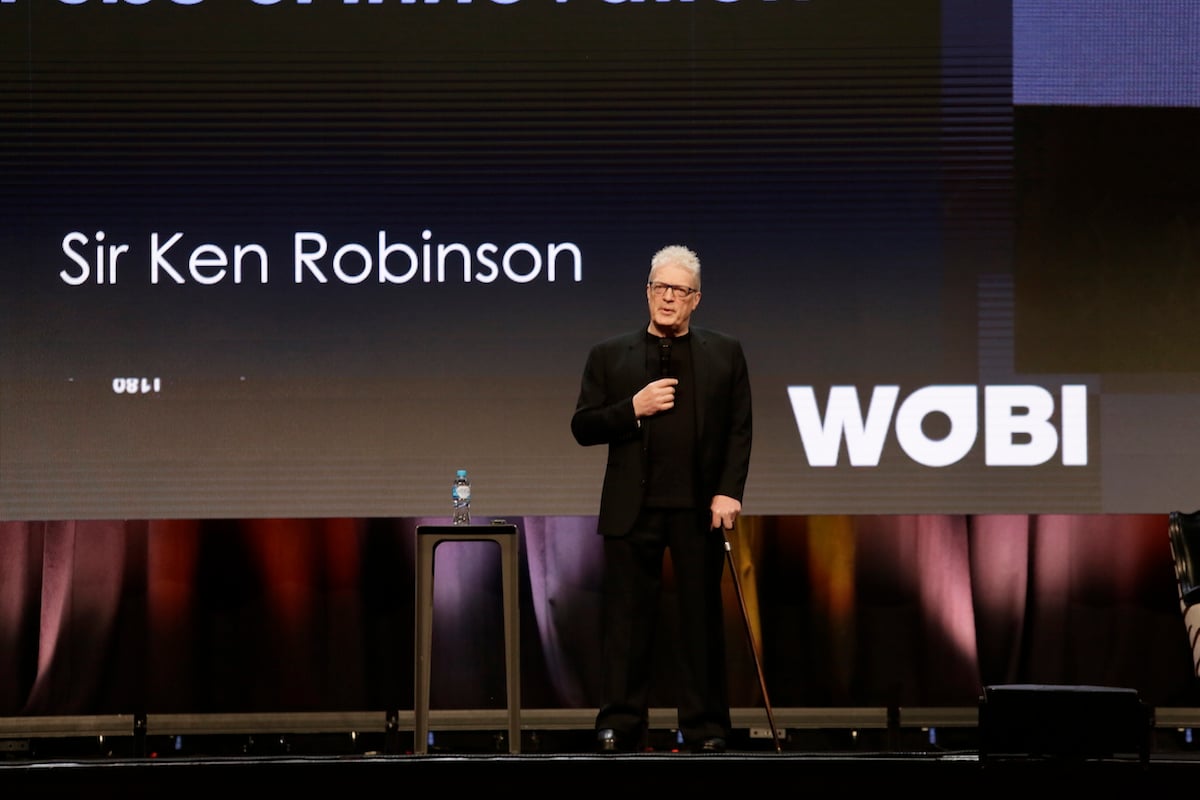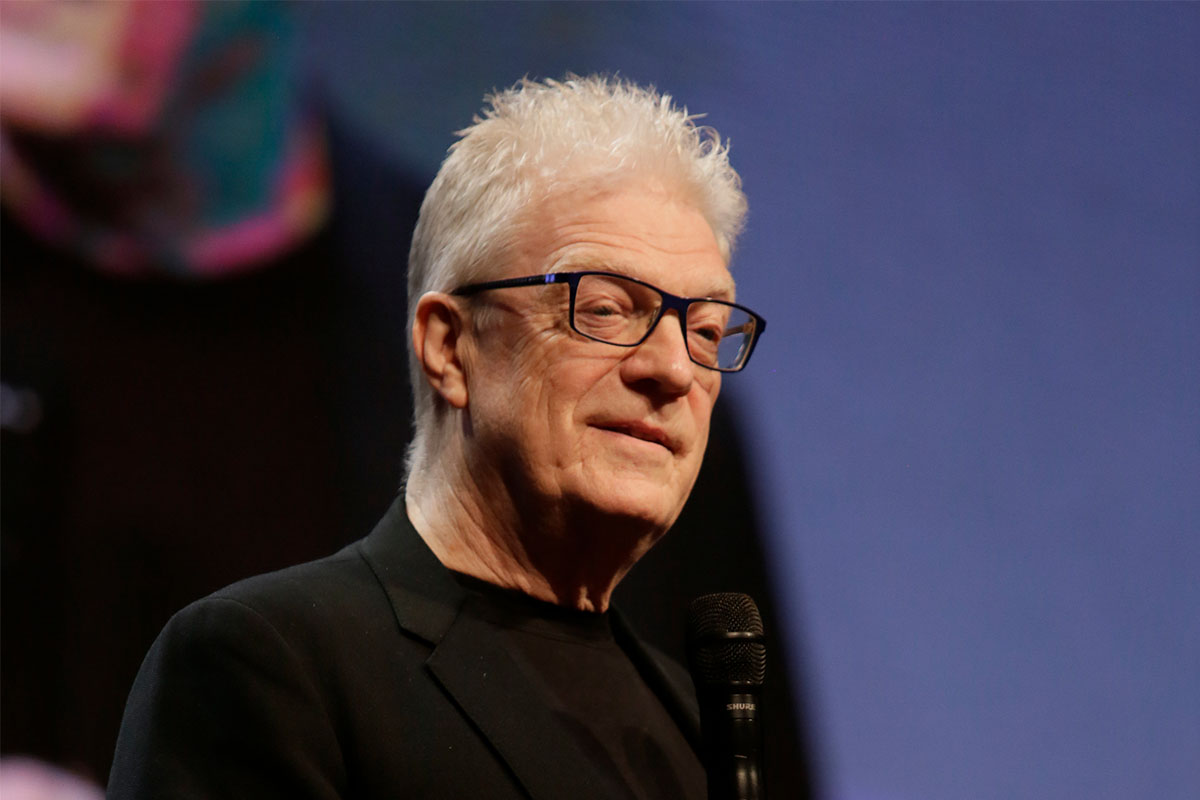Renowned speaker and author of the The New York Times bestseller The Element: How Finding Your Passion Changes Everything, Sir Ken Robinson says great leaders know there is knowledge, wisdom and experience that they don’t have, but that others do.
Speaking at the 2018 World Business Forum in Sydney, he reflected on the time he was a moderator at the Vancouver Peace Summit in 2009, where the honoured guest was the Dalai Lama. He said someone had asked the Dalai Lama a question and after a pause, he responded with “I don’t know”.
“I loved that,” Ken said. “Because here’s one of the world’s great teachers… who was perfectly willing to say that he doesn’t know something, because he’s never thought of it. And the whole subtext was that learning and understanding is a fabric and we all weave it together. Nobody has a monopoly on knowledge and understanding.”
Human talent is a vast resource
Ken added that we spend our lives unaware of people’s talents, abilities and real possibilities; and settle for something much less than they are capable of giving.
He said that human talent was one of the world’s biggest natural resources for three reasons.

The first is that it is very diverse. “Far more diverse than you’ve been led to believe by either the culture you grew up in or, especially, the education system that you went through.” The second is that human talent is often buried – you have to go looking for it.And the third is that when you find human talent, you have to refine it, develop it and turn it into something great.
“For the future, the best resource we have will be these extraordinary gifts of human talent,” Ken continued. “But we have to figure out what they are and the conditions under which we cultivate them.”
How do you cultivate human talent?
Cultivating human talent is particularly useful when it comes to fostering innovation.
These are Ken’s tips for cultivating human talent in your workplace:
-
Enthusiasm and curiosity are required
We have an enthusiasm, curiosity and zest for discovery that we are all born with but this is often moderated and can diminish as we get older.
Therefore, you have to ensure you hold on to it, by seeing the potential in an idea. “Often, the best ideas take you in a direction you haven’t thought of,” Ken says.
-
Foster a culture of creativity and innovation
“The companies that are systematically innovative aren’t companies where wishful thinking abounds. They’re companies where there are systems, processes, and circumstances where innovation is actively cultivated. Not put forth, but cultivated.”
He adds that companies have conditions where ideas will be generated and be taken seriously “because everybody has them”. “It’s not just saying ‘Let’s have some ideas’; it’s understanding how people can develop and evolve ideas through the discipline that real creativity takes.”
-
Have creative groups, not committees
There’s a big difference, Ken says, between a committee and a creative group. “Committees are often where ideas go to die, and creative groups are where they come alive and begin to work.”
He adds that the creative process is often non-linear, surprising and will take a while to come together. “The best ideas often come from a mixture of different disciplines and different levels of expertise coming together in pursuit of a common goal.”
Sir Ken Robinson was a keynote speaker at the 2018 World Business Forum in Sydney. Here are our five favourite takeaways from the forum.







